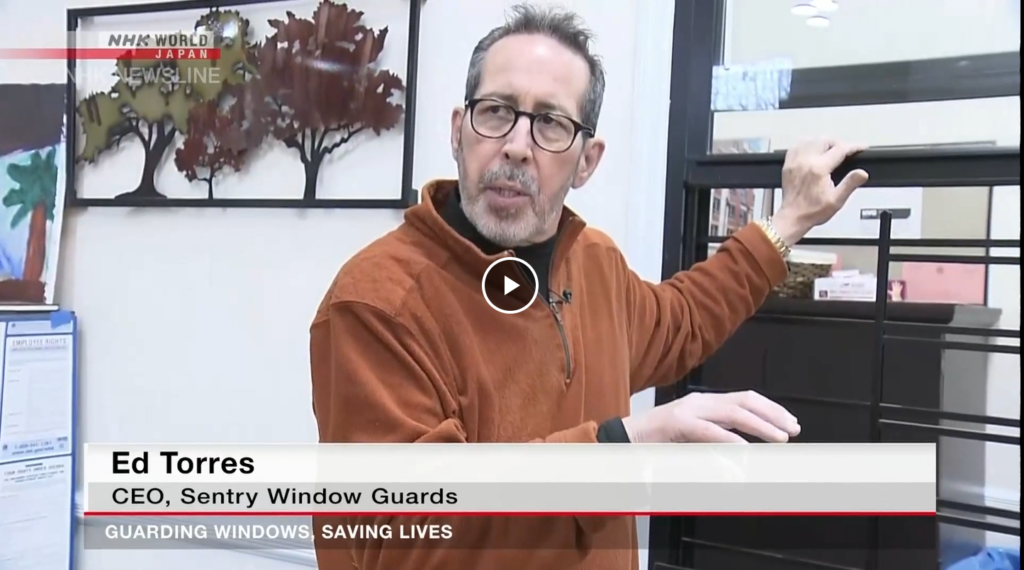Late summer and early fall are a great time to head out of town for a last minute getaway or visit distant family. There are always a million things to take care of before leaving, but don’t forget to secure your home before traveling for any length of time. It is hard to imagine a worse ending to a trip than returning to find that your home has been damaged or burglarized. Take time to protect your home with this checklist:
- Place a hold on mail, newspapers, and packages in your absence. Overflowing mailboxes and newspapers piled up are a dead giveaway that you are away from home.
- Take care of the yard before you leave town. Accumulating snow or leaves, grass in need of mowing, and overgrown hedges are a big sign that no one has been home for a while.
- If you have a home security system, alert them of your travel plans and make sure the alarm is set properly when you leave. Display your security stickers prominently near your most obvious and accessible entry points like your front and back door. Signs from your security company make a bigger difference than most people realize.
- Alert a trusted friend or neighbor of your travel plans and have them check in every few days. They can take care of any unexpected deliveries and carry on with normal routines such as watering plants and bringing trash cans to the curb. If you can afford it, and have someone willing, a house sitter is even better.
- Set timers on interior lights, and appliances like the television, to give the illusion that someone is always home. A house that looks lived in is less likely to become a target. Motion-sensor exterior lights can also prove to be useful for general home security when you are both home and away.
- Remove any spare keys that you have hidden around your property. Being away gives crooks extra time to search for a key so don’t give them the opportunity!
- Be prepared for a power surge while you are away. Unplug all electronics or make sure they are plugged safely into a surge protector.
- Secure yard or patio items that could be picked up with a hefty gust of wind. You never know what the weather will stir up while you are away.
- Enroll in the Notify NYC alert system, which is New York City’s official source for information about emergency alerts and important city services. You can receive alerts through email, text, telephone, or social media. This will keep you informed about what is going on in your neighborhood while you are traveling.
- Do not broadcast your travel plans on social media sites either before or during your vacation. Before your trip, inform only those who need to know. There will be plenty of time to share thoughts and photos of your trip after you are safely home.
At Sentry Window Guards we make it our mission to help keep families safe in New York. For more information regarding our window guard products and our experience and leadership in understanding NYC safety requirements, contact us today!









